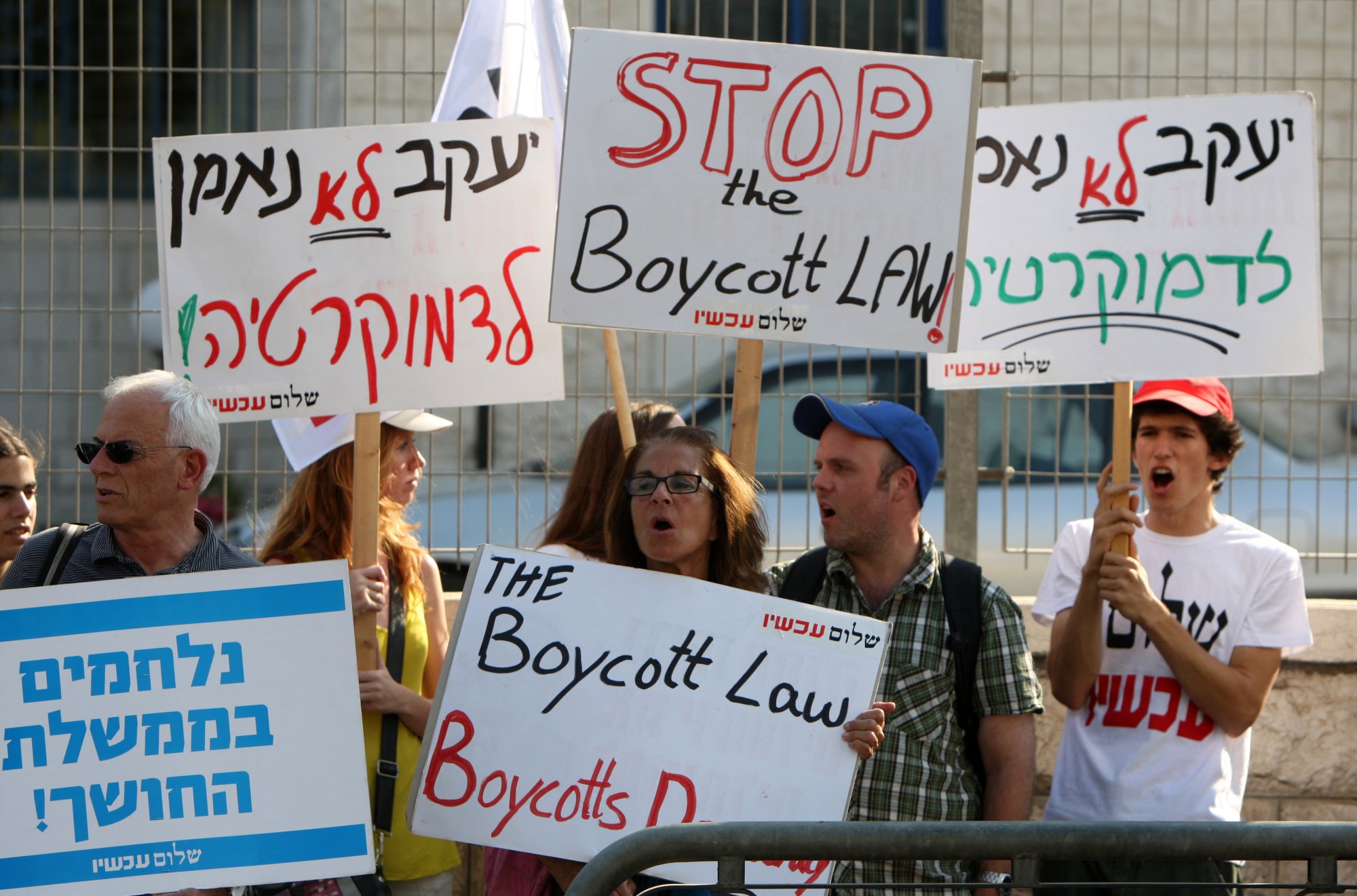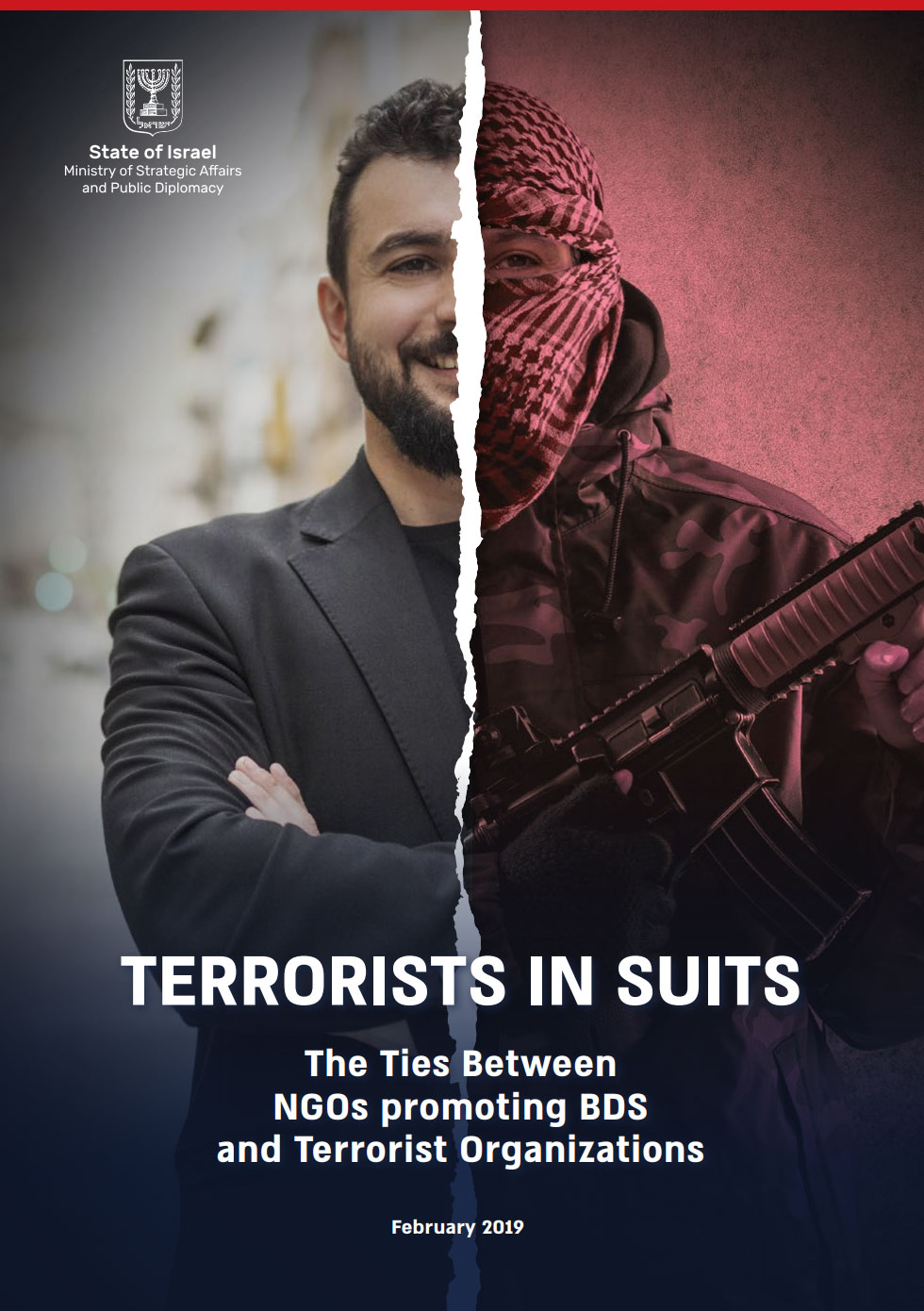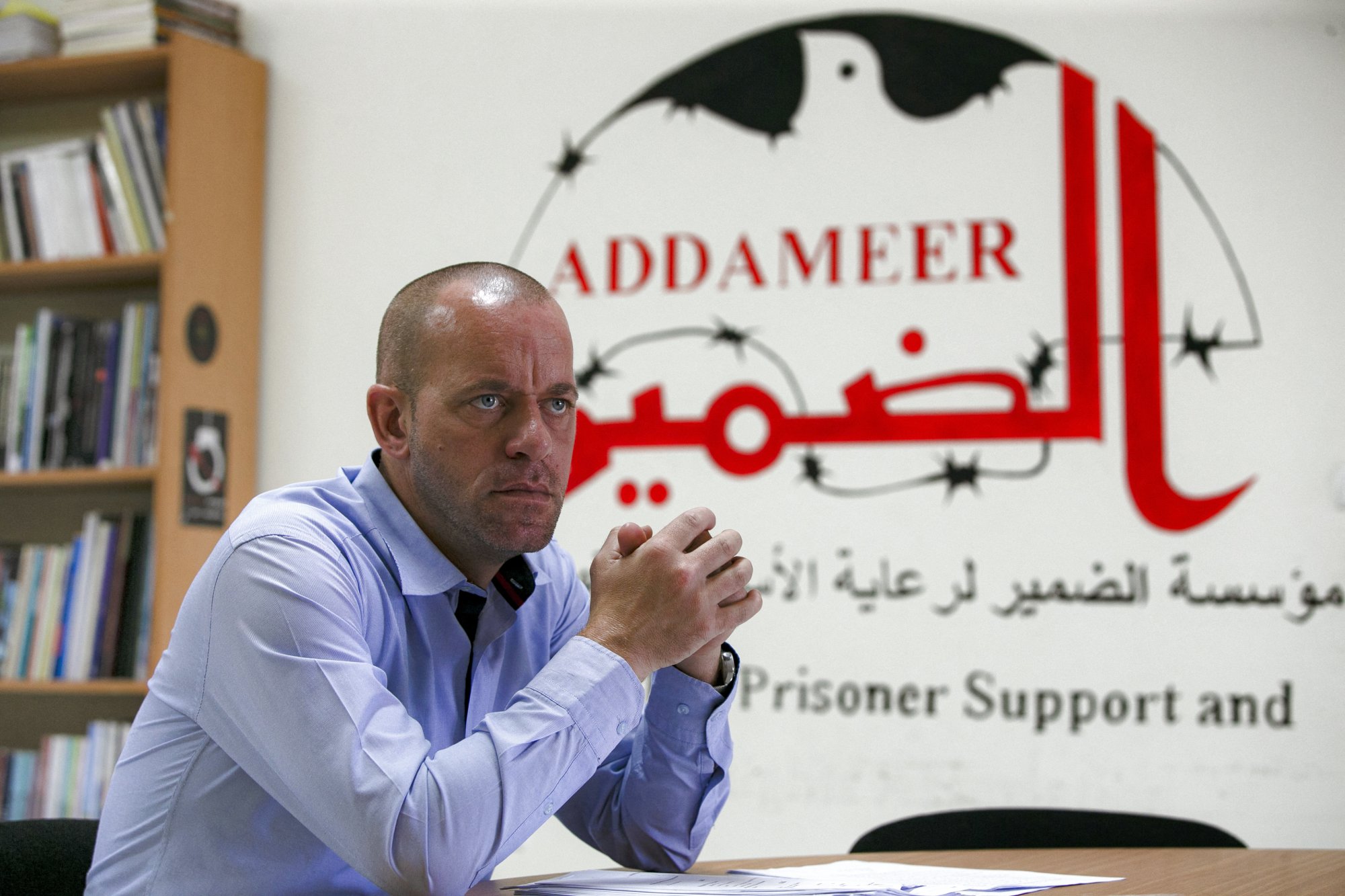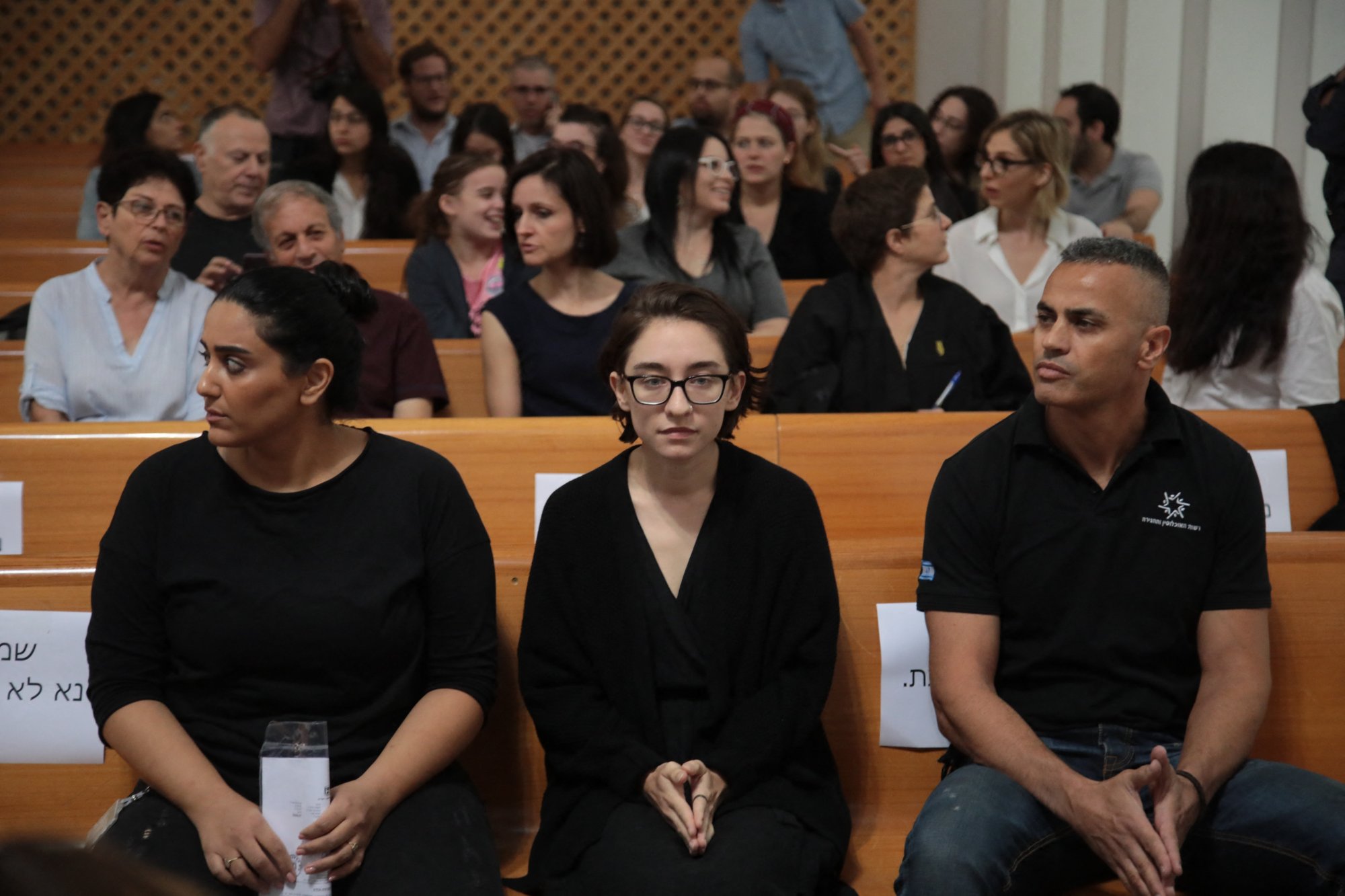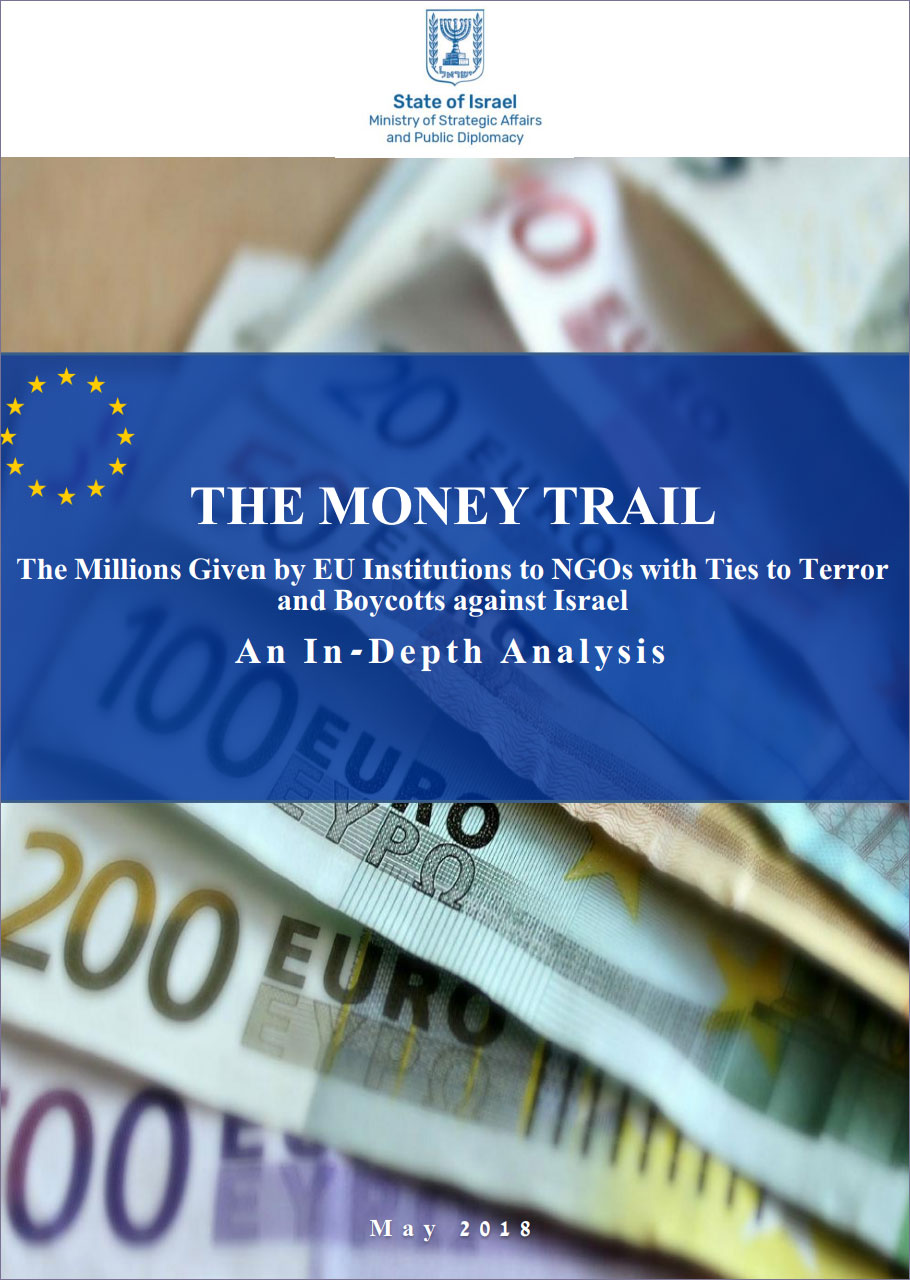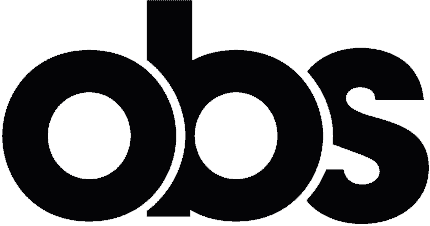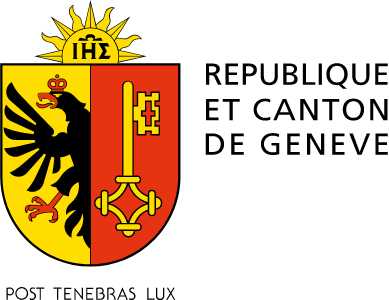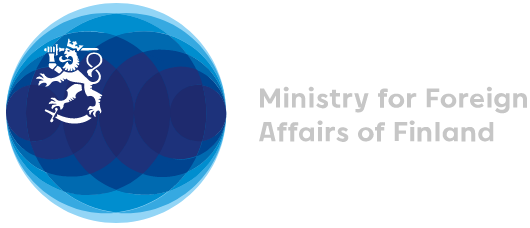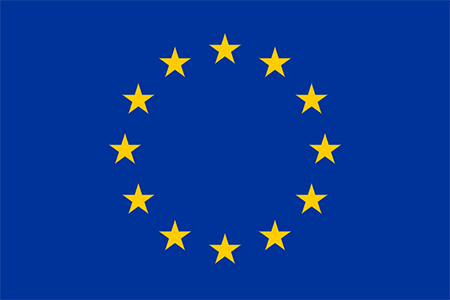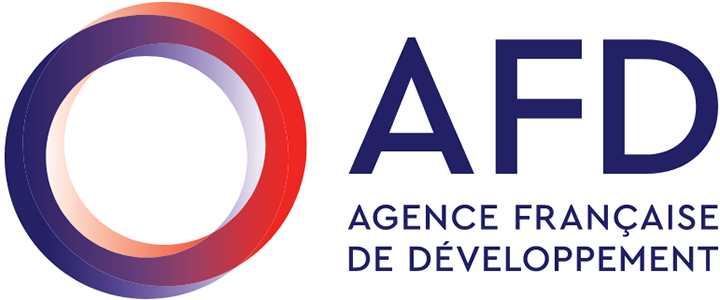Target Locked
ISRAEL : smear campaigns to stifle human rights defenders from the Golan, Israel, and Palestine
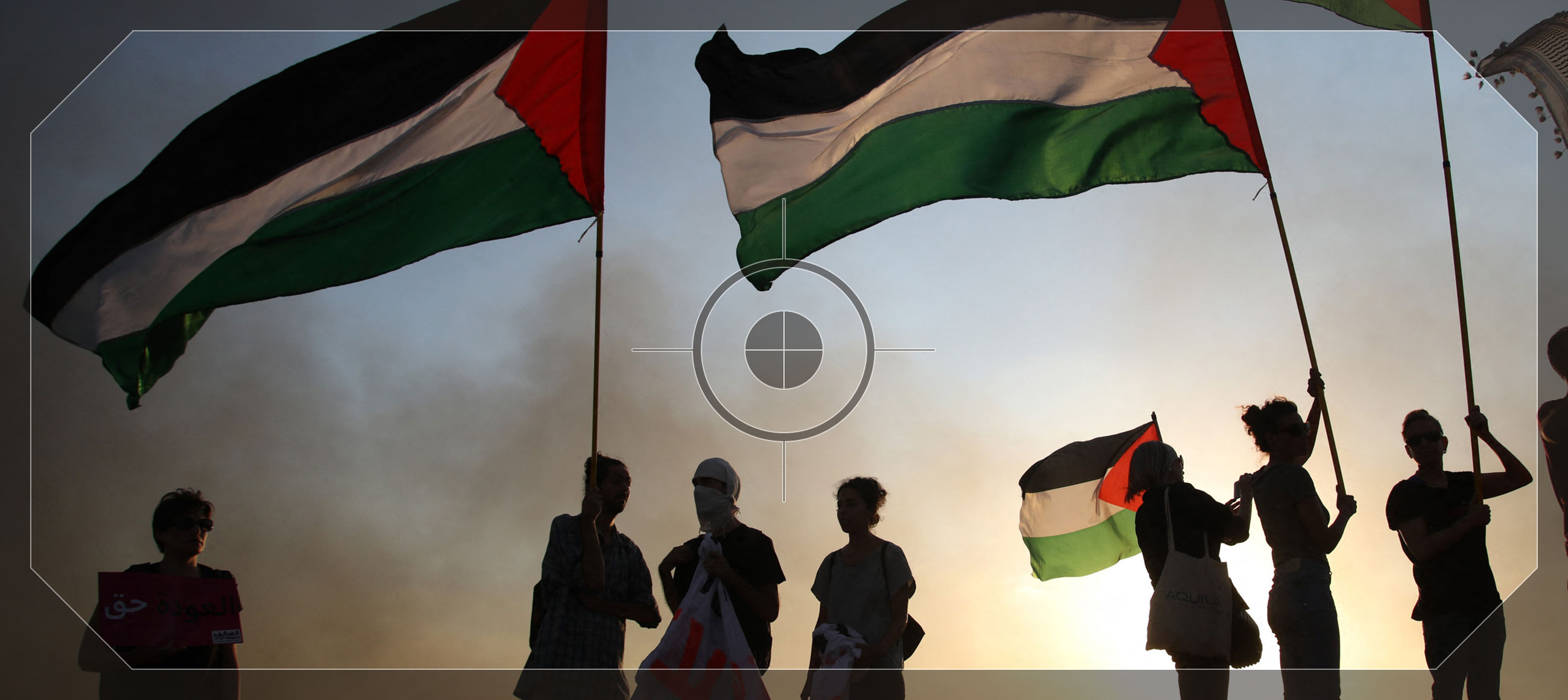
Over the last decade, and at an accelerating pace over the last three years, human rights non-governmental organisations (NGOs) working, among others, on issues related to the occupation, settlement activity, accountability for international crimes and human rights violations, asylum seekers and refugees, political prisoners, or the rights of Palestinian minority within Israel, have been the primary target of a broad campaign of delegitimisation. This campaign has widely affected their ability to operate, including, for many Palestinian NGOs, their ability to access foreign funding.
The international context of shrinking civic space and heightened defiance towards human rights organisations and defenders has continued to be timely used by the Government of Israel against Palestinian, Israeli, Syrian and virtually all NGOs, at national and international levels, advocating for the rights of Palestinians and Syrians and seeking accountability for international crimes and human rights violations
perpetrated in the Occupied Palestinian Territory (OPT) and Occupied Syrian Golan. The Government of Israel notably keeps abusing the legitimate fight against terrorism to drastically reduce civic space and silence critical voices.More recently, it has further used the coronavirus pandemic outbreak as another pretext to restrict fundamental freedoms in the name of public health. Israel’s attitude against civil society also appears to be in a large part anchored in reaction to the perceived threat of the Boycott, Divestment, Sanctions (BDS) movement, of which some of the organisations targeted are supportive. The tense political situation in the OPT between the Palestinian Authority and the Hamas leadership in Gaza is putting even more pressure on NGOs and human rights defenders who dare criticise the Palestinian authorities’ lack of respect for fundamental freedoms.
The strategy put in place by the Israeli Government is threefold : one, delegitimising civil society critical voices through “naming and shaming” and associating them with terrorists or anti-Semitics ; two, pressuring anyone giving a platform for their discourse ; three, lobbying actively to cut their sources of funding.
Resorting to smear campaigns, intimidation and harassment measures, new restrictive pieces of legislation, administrative burden or judicial harassment and putting increased pressure on international donors who support those organisations have proven to be very effective to destabilise NGOs. These trends have reached alarming proportions, and significantly undermine the ability of human rights defenders and NGOs to carry out their legitimate and crucial work.
Crafted measures against human rights NGOs
Within the Israeli administration, the Ministry for Strategic Affairs and Public Diplomacy (MSA) has been tasked since 2015 to “act against the delegitimisation and boycott campaigns against the State of Israel”.
Fiercely laying out the Israeli strategy, the MSA has publicly associated Palestinian human rights defenders as “anti-Semitic operatives with deep ties to terrorist groups fixated on destroying the State of Israel”. Acting alongside are infamous government-controlled NGOs (GONGOs), whose main objective is to relay the propaganda of the Israeli Government against civil society actors, including at the international level. Both the MSA and government-affiliated groups are conflating legitimate criticism of gross Israeli human rights violations with anti-Semitism and are employing vague and unsubstantiated claims of terrorist affiliations against Palestinian civil society organisations (CSOs), in order to deprive the latter of funding essential to their sustainability. These campaigns are coupled with intimidation and harassment of human rights defenders : travel bans, arbitrary detentions and arrests, judicial harassment, deportation, physical and cyber-attacks, death threats. Through libel, defamation and publicly shaming human rights defenders, the Government and the organisations it controls attempt to delegitimise human rights activities in Israel and Palestine and put the lives of human rights defenders at risk, with the only objective of silencing critical voices and putting a stop to their activities.
Shrinking space : Development of the legislative and administrative arsenal
These campaigns and attacks against CSOs and human rights defenders have been reinforced by a series of restrictive legislative and administrative attempts and measures adopted to impede these organisations’ operations and access to Israel and the OPT. From 2010 onward, an unprecedented number of bills have been tabled at the Knesset to limit NGO civic space. This sustained legislative effort to further limit freedoms of association and of expression in Israel and also restrict monitoring activities and international scrutiny over the political situation and human rights violations in the occupied West Bank, including East Jerusalem and Occupied Syrian Golan, aim at strengthening domestic support to the Israeli nationalist right wing on the one hand, and deterring international solidarity with pro-peace and human rights organisations in Israel, OPT and Occupied Syrian Golan on the other hand. Among the restrictive pieces of legislation, an anti-BDS Law (2011) looms over civil society making it a civil offense to call for a boycott against Israel. The Israeli Government furthermore denies entry to anyone deemed to be associated with the BDS movement and deports those already in the country.
Access to funding : an alarming and widespread restriction
Declining amounts of funding from international donors over the past decade have placed Palestinian NGOs, and beyond them their beneficiaries, in an even more precarious situation than before. Additionally, there is a broad consensus that the coronavirus crisis may contribute to a further reduction in funding since donors could be more likely to finance humanitarian assistance within that context.
Efforts by the Israeli Government have focused on domestically implementing legislation hindering NGOs access to local and foreign funding. In parallel, the Israeli Government along with its pro-governmental and anti-human rights groups have been conducting an offensive campaign by which, outside of Israel, they put pressure on funders to stop supporting Palestinian human rights NGOs based on accusations of their alleged support to terrorism. Within the Israeli society, it portrays those receiving funding from these same donors as “traitors”, “enemies of Israel” and “foreign agents” acting against the interests of Israel.
The success of this campaign to de-fund NGOs lies not as much in the rare disavowal of donors than in the extra burden placed on human rights defenders and their organisations, who have to constantly defend themselves from allegations, and respond to donor verifications, jump through administrative hoops, and answer increasingly prescriptive calls for proposals, or having donors being more intrusive into NGOs’ priorities and how the projects are being implemented. In this way, Israeli Government affiliated groups have positioned themselves as oversight mechanisms for all funding to the OPT and Israel and have succeeded in shifting the discourse at the expense of human rights work.
A more general shift of donor approach towards more stringent reporting procedures is exacerbating this problem for human rights NGOs in the OPT : funders are indeed increasingly moving away from more stable, long-term core funding to project funding ; and at the same time becoming much more risk-averse and sensitive to anything that could raise the political sensitivity of projects and NGOs they fund. In such a context, NGOs are therefore requested to provide more detailed budgets and financial reports, and to undergo additional audits on top of their annual organisational audits. This impacts heavily human rights NGOs in the OPT, which tend to rely more on foreign aid and overseas development aid than their Israeli counterparts.
Civil society and partners have started to deconstruct and push back against the pro-governmental organisations’ slandering narratives and other discourses contributing to the closing civic space, but more remains to be done. Despite unprecedented, coordinated efforts within the Israeli, Palestinian and Syrian civil society, new trends affecting negatively human rights defenders and their organisations continue to emerge. Governments of Israel and the OPT, third countries, donors, institutions, and the international community at large all have their share of responsibilities. In the face of all this, civil society organisations have no choice but to continue carrying out their essential and vital work in the region, while finding new ways to be resilient and regain civic space.
Share this story:
The Observatory for the Protection of Human Rights Defenders (the Observatory) was created in 1997 by World Organisation Against Torture (OMCT) and FIDH. The objective of this programme is to prevent or remedy situations of repression against human rights defenders. FIDH and OMCT are both members of ProtectDefenders.eu, the European Union Human Rights Defenders Mechanism implemented by international civil society.

 Download the report
Download the report Read it on Scribd
Read it on Scribd Read the press release
Read the press release
